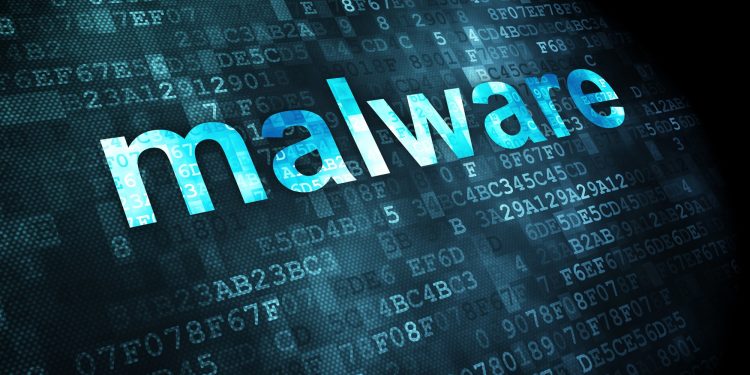Prevent malware attacks efficiently: Steps for every business!

It’s a common myth that only big corporate firms and companies are on the radar of cybercriminals. Numerous reports and available data show that SMBs have suffered major security breaches in recent years, more so because they don’t spend or take their cyber defense as seriously. Malware remains one of the core cybersecurity threats for all organizations. From using malware to have IP cameras hacked, to snooping on user activity and ransomware attacks, the list is pretty long. In this post, we are sharing steps that every business should consider to prevent malware attacks in an efficient manner.
Educate employees about social engineering
To err is human, and hackers often misuse that trait. Often, cybercriminals use a wide range of social engineering tactics to get information they need, and long before a breach or data theft incident is detected, the damage is done. Your employees are on the frontline of ensuring security, and they have to get involved in managing your cyber defenses. Let them know what social engineering tactics are common, how they can do better with response, and when to report an incident.
Take measures against phishing attacks
A few basic steps work well against phishing attacks-
- Ask employees to use long and strong passwords and recommend a spam filter and password management tool.
- Ensure that all operating systems, software, and firmware, are updated to the latest version.
- Train your employees on safe browsing, how to spot suspicious files, when they should and should not download files from a source.
Also, let your employees know of the various kinds of malware, particularly ransomware and trojans.
Backups are critical
Ransomware is a type of malware that actually encrypts data, folders, or network components, and in return of a decryption key, the hacker will demand a ransom. Often scared of the consequences, businesses end up paying the ransom, only to know that the hacker wants more money. For preventing the damage caused by ransomware, if one occurs, backups are handy. Ensure that you have backed up your resources and data, so that systems can be restored immediate, and yes, do not pay the ransom.
Finally, it is also important to ensure that malware protection software is installed on all devices and computers. Place networked devices behind firewalls, use network segmentation, and ensure that employees know the steps to be taken, for reporting a phishing or malware attack, so that appropriate steps can be taken in time.






